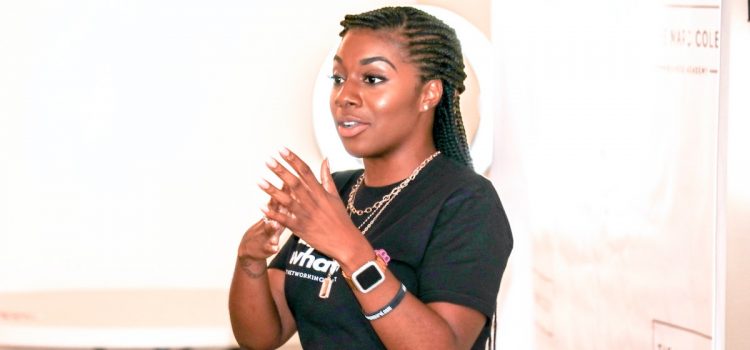Can credibility be borrowed? Does “fake it ’til you make it” actually work? The Third Door by Alex Banayan is a compilation of what Banayan learned about success—not only from the people he interviewed—but also from the process of pursuing them. From his interviews with Tim Ferriss, Bill Gates, and Maya Angelou, he learned about the importance of credibility. Keep reading to learn how these three life stories illustrate how credibility is a key to success.
The Importance of Credibility: Tips From Ferriss, Gates, & Angelou










